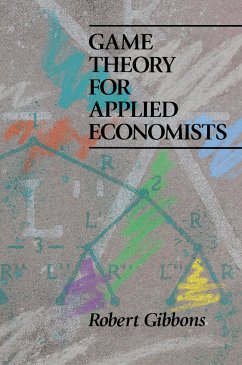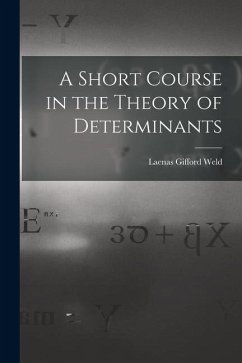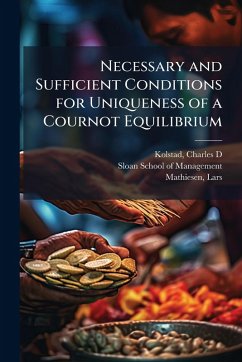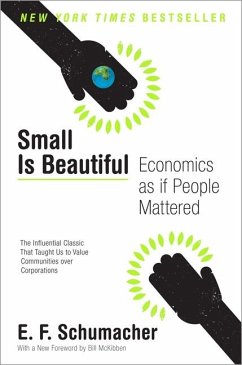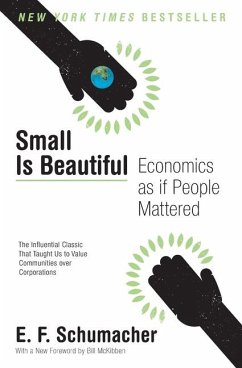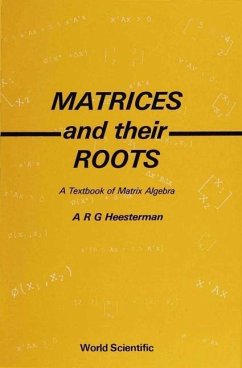Nicht lieferbar
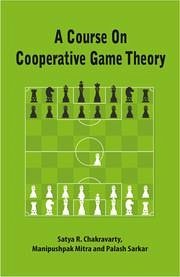
A Course on Cooperative Game Theory




A Course on Cooperative Game Theory
Satya R. Chakravarty is a Professor of Economics at the Indian Statistical Institute, Kolkata. He received a bachelor degree in Statistics in 1976, a master degree in economics in 1977 and a doctorate in economics in 1981 from the Indian Statistical Institute. Professor Chakravarty worked as a Visiting Professor at the University of British Columbia, Canada (1984-5), the University of Karlsruhe, Germany (1988-90) with a grant from the German Research Foundation, the Bar Ilan University, Israel (1990, 2004, 2005, 2006 and 2010), the Kagawa University, Japan (1996-7 and 2000), the Paris School of Economics, Paris, France (1997-8) with a grant from the French Ministry of Education, the Chinese University of Hong Kong (1998), the Bocconi University, Milan, Italy (2002-3 and 2006-7) and the Yokohama National University, Japan (2009). Professor Chakravarty's main areas of interest are welfare economics, public economics, mathematical finance, industrial organization and game theory. His work spans theoretical, empirical and policy analysis.
Produktdetails
- Verlag: Cambridge University Press
- Seitenzahl: 276
- Erscheinungstermin: 17. Oktober 2014
- Englisch
- Abmessung: 229mm x 196mm x 10mm
- Gewicht: 318g
- ISBN-13: 9781107691322
- ISBN-10: 110769132X
- Artikelnr.: 60898059
Herstellerkennzeichnung
Libri GmbH
Europaallee 1
36244 Bad Hersfeld
gpsr@libri.de
Für dieses Produkt wurde noch keine Bewertung abgegeben. Wir würden uns sehr freuen, wenn du die erste Bewertung schreibst!
Eine Bewertung schreiben
Eine Bewertung schreiben
Andere Kunden interessierten sich für





